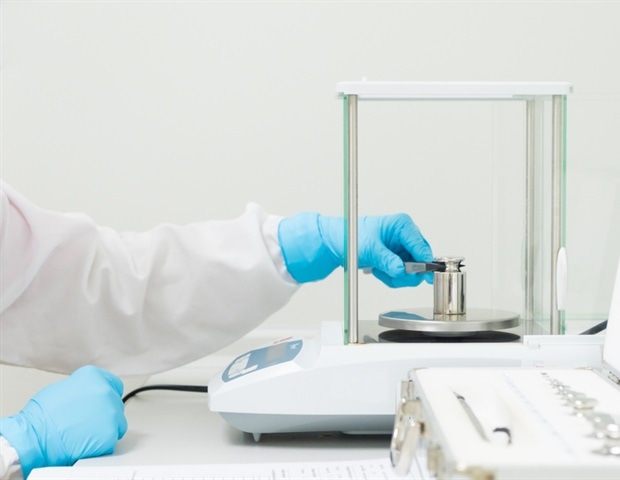Early detection is critical when it comes to curing diseases like cancer, but not everyone has easy access to screening tools. For problems in the genitourinary (GU) tract (which includes the kidneys, prostate, and bladder), health providers usually use a combination of screening tools, including blood tests, imaging, and physical examinations. Scientists are now working on an even simpler tool for screening illnesses before they become a problem – urine analysis.
According to a new study from scientists at The University of Texas at Arlington, Chan-Zuckerberg Biohub, and Stanford University, studying the RNA (a type of genetic material) and other substances within urine can show changes in cell types, revealing early signs of cancer and other diseases. This method could help clinicians detect problems earlier when they are more easily treated without invasive procedures. The current gold standard for detecting many GU ailments is a biopsy where small tissue is removed during a rectal exam and sent to the lab for analysis.
The invasive nature of the test can scare some people from getting the care they need. Our preliminary research shows that studying the RNA found in urine can detect some ailments in their earliest stages where they are easily-;and cost effectively-;managed." Joseph Buonomo, assistant professor of chemistry at UTA and study author In the study, the team collected urine samples from two groups of people – healthy individuals and people with kidney stones.


















